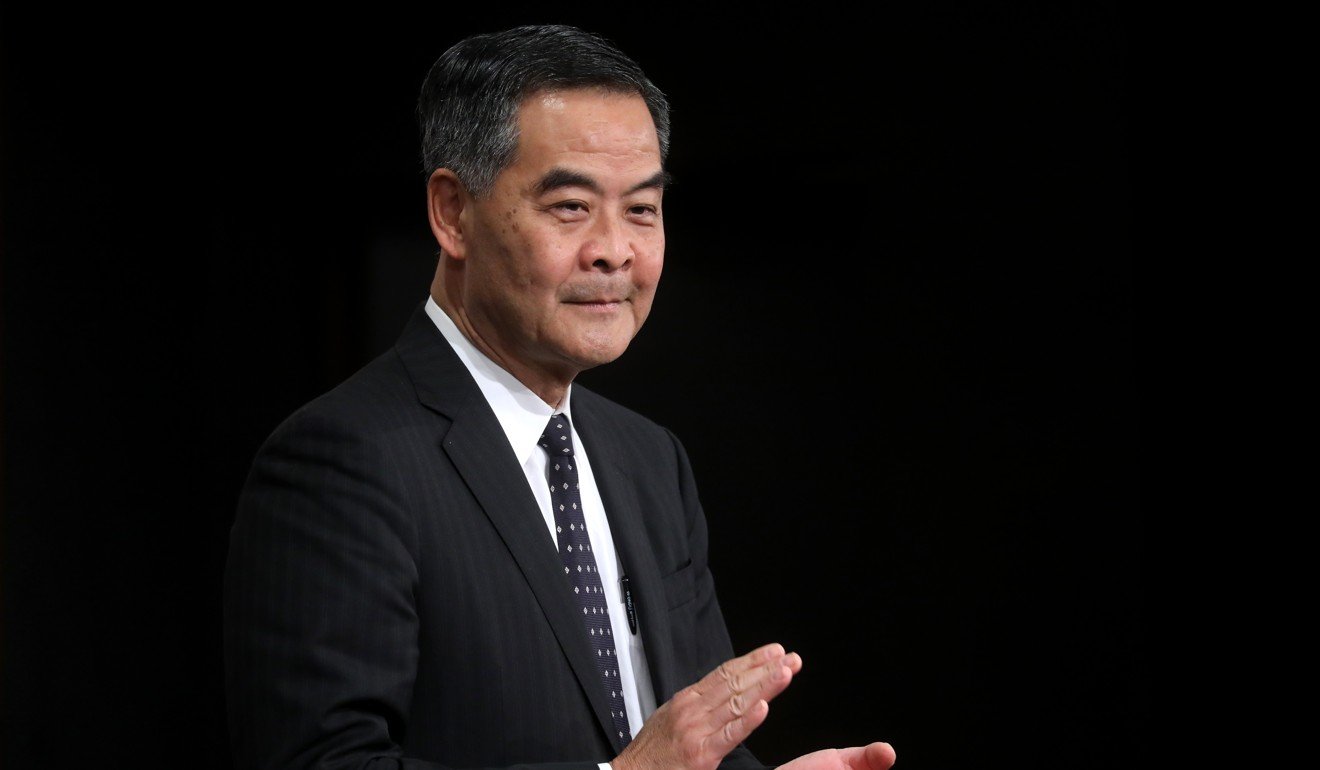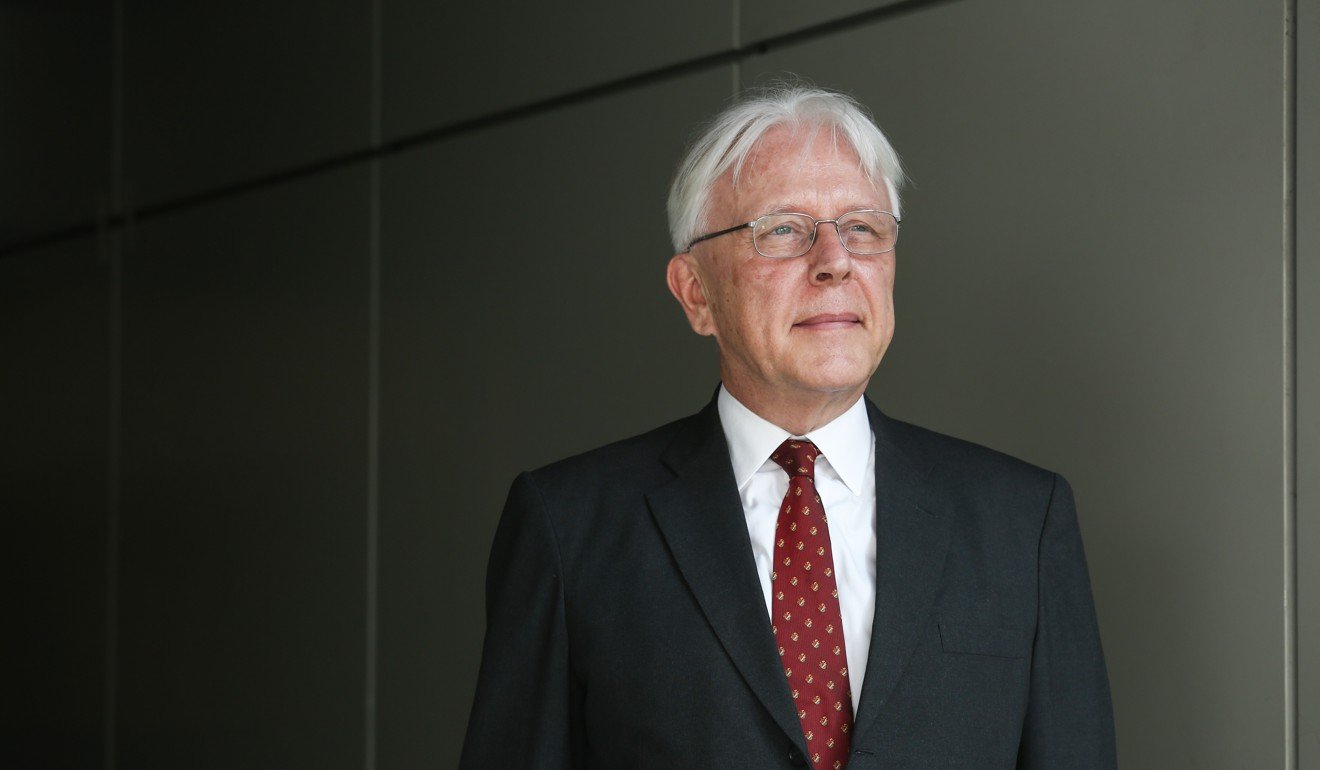
Lawmakers to question Hong Kong’s justice secretary on decision not to prosecute former chief executive CY Leung
- Teresa Cheng will face politicians at Legislative Council meeting on January 28
- Former top prosecutor critical of official’s decision not to answer questions on investigation
Hong Kong’s secretary for justice will be questioned by lawmakers next month on her decision not to charge former chief executive Leung Chun-ying, it emerged on Wednesday.
The news came as a former director of public prosecutions criticised Teresa Cheng Yeuk-wah and her department for not answering even the most basic of questions about the case.

Last Wednesday, the Department of Justice cleared the former Hong Kong leader of corruption in relation to receiving HK$50 million from Australian engineering conglomerate UGL between 2012 and 2013, when he was serving as the city’s top official.
The department issued a brief statement, which did little to explain the legal principle behind its decision, and why UGL’s payment to Leung did not constitute a conflict of interest.
Nor did the department seek any independent legal advice before reaching its final decision.
The anti-corruption body, the Independent Commission Against Corruption, said on Tuesday that it had “left no stone unturned” in its four-year investigation, and concluded the case was investigated in an impartial manner.
Despite demands by pan-democrats to summon Cheng to a special Legco meeting to explain the decision, the panel on administration of justice and legal services has decided to question her at next month’s regular meeting.
The pro-establishment lawmakers said the legislature should not intervene with prosecutorial decisions.
CY Leung’s tormentor is a political spent force
“If the justice chief wishes to respond, she could choose an appropriate setting, but not a Legco panel that normally focus on policy,” said Starry Lee Wai-king, of the Democratic Alliance for the Betterment and Progress of Hong Kong.
But Democratic Party lawmaker Lam Cheuk-ting said they would press Cheng on why she chose not to seek independent legal advice, and what else the Independent Commission Against Corruption had uncovered during its investigation.
Cheng is on leave until December 26, and in response to questions from the Post, the department said it would not be appropriate to comment given a judicial review had been filed to challenge the decision.
Grenville Cross, the city’s former top prosecutor, said while it made sense for the department not to comment on the merits of Leung’s case given the judicial review, there was no basis for Cheng not to answer basic questions, such as whether she had been personally involved in the decision not to prosecute.

Even though the justice secretary is on leave, Cross said Cheng and her department could release the information to “clear the air as soon as possible”.
“[Director of Public Prosecutions] Mr David Leung can undoubtedly brief her and obtain her agreement to the release of the information, given the high levels of public concern that is being generated,” Cross said.
He also noted that it took the authorities more than four years to close the Leung investigation, more than the three years and six months taken in the bribery case involving another former chief executive, Donald Tsang Yam-kuen,
Given the lengthy process, Cross said: “The public was entitled to a comprehensive statement by the DOJ which clearly set everything out, including the evidence, the legal issues and the conclusions, and not a short and perfunctory statement which raises more questions than it answers.”
Cross said a comprehensive legal analysis was required in politically sensitive cases such as this to dispel any suggestion of preferential treatment, and to protect the department from unjustified criticism.
“However, given its superficiality, the statement issued in this case [of Leung and UGL] may actually do more harm than good,” he said.

